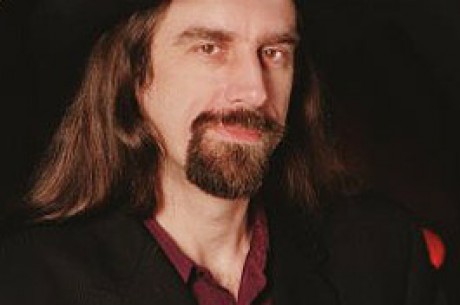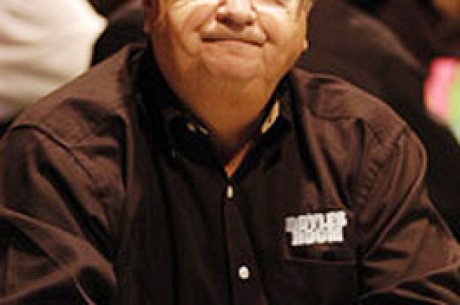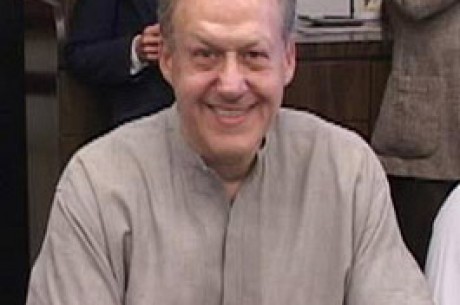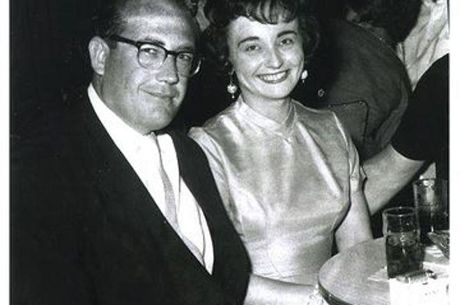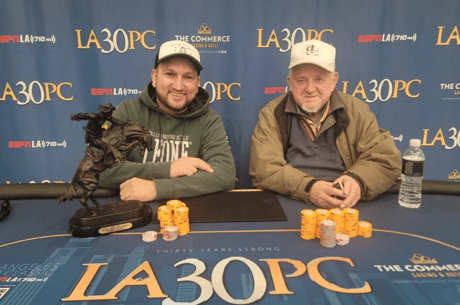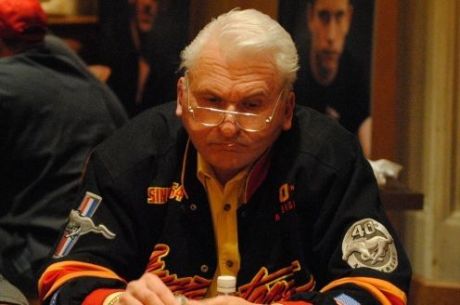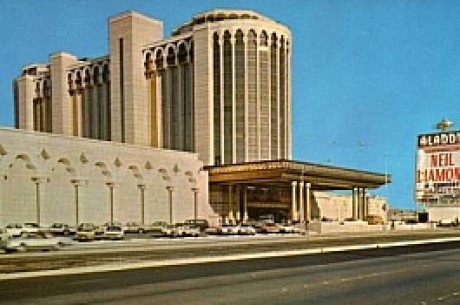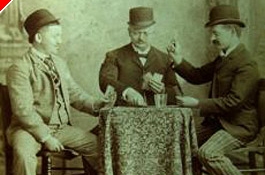Legends of Poker: Phil Ivey
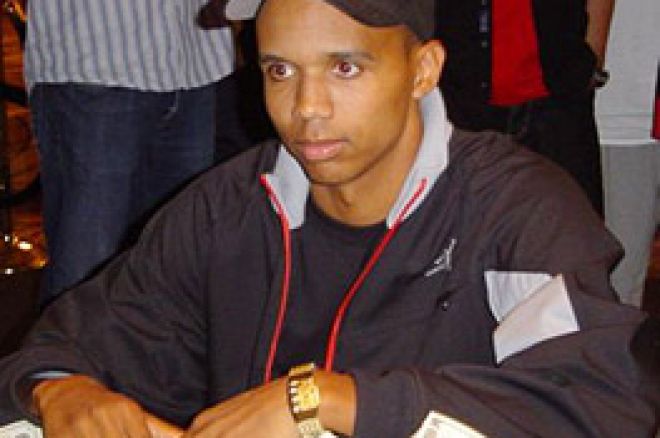
Back before poker was a hot TV commodity, before every tournament-hand got analyzed by a million viewers, and before online poker turned everybody with a desktop into a legend in their own mind, there was live poker. That's right, actual live play that excited us old dogs and got us through the week. That's where we learned, that's where we studied, and that's where we sorted out the wheat from the chaff. You either made rent, or you made an exit.
Poker has been called "a tough way to make an easy buck," and believe me, the games in New Jersey in the 1990's were tough. Las Vegas may have been called a harsh mistress, but the East Coast produces its very own, more colorful vernacular, and Atlantic City has been called much worse. Why anybody would be sitting at the seven-card stud tables in 1997 is beyond me. I don't know what I was doing there, but I do know why Jerome Graham was there.
For three years, a quiet, intense young man played at the poker tables in his hometown of Atlantic City and absorbed everything. He may not have been a big winner, but he was a big learner, and when he finally turned twenty-one, he tossed that fake ID on his desk at home and tossed his fate to the wind - he would become a professional poker player.
Phil Ivey is "scary good." He takes in everything at the table and never flinches when confronted by an intimidating situation. Nothing bothers him at the poker table, and he can turn an opponent's aggressive behavior into an act of foolishness by playing back at them, putting their entire stack of chips into jeopardy. This is a sign of strength, character, and winning poker. It's something you see in players like Doyle Brunson and Johnny Chan, and it's magic.
That may sound superfluous, but there is no other way to explain Phil Ivey. Honest.
In 2000, Phil entered a number of events at the 31st World Series of Poker. His old standby - seven card stud, allowed him to place 12th in the $1500 event, but his new love of hold'em was stronger, and he placed 5th in the $2000 no-limit event. What was really surprising, however, was that this 23-year old kid was so versatile. Against a very strong field of opponents, Phil won his first gold bracelet in the $2500 pot limit Omaha tournament.
When Phil Hellmuth won the WSOP main event in 1989 at the tender age of 24, he was compared to Stu Ungar, because "Kid Ice" had been so young when he won in 1980 and 1981. Over the course of his playing career, Ungar had the most dominating record for main-event, NL tournament wins in the world. Hellmuth has gone on to win nine WSOP bracelets, and is certainly a worthy champion.
However, with no disrespect to Hellmuth, Ivey is the real deal when it comes to poker dominance. He is an all-around, tournament and live-play fiend. He plays with an intense, instinctive style that's hard to defend against, and he is so focused at times it's unnerving.
Ivey simply dominates any tournament he plays in. He cashed in three events at the WSOP in 2000, then three events at the 1st Annual World Poker Challenge in Reno. After that, he cashed twice at the LA poker Classic, and twice at the World Poker Open in Tunica. As good as that sounds, he was just warming up.
Four cashes in the 2001 Legends of Poker event in Los Angeles followed, and Ivey had three cashes and an $80,000 first-place win at the 2002 LA Poker Classic. All that pales however, when you compare it to the 2002 WSOP, where Ivey cashed six times, and three of those were gold-bracelet wins! He won the $1500 7-card stud event; won the $2500 7-stud hi/low tournament, and also won the $2000 S.H.O.E. tournament. Again, Phil showed mastery in many different forms of poker, and his legend grew.
When the World Poker Tour got kicked off in 2002, Ivey made the final table at the Mashantucket World Poker Finals and won $76,000 for his fourth place finish. Later, he took second place in the Tunica event, winning $290,000 and finished the season with a third place finish and $253,000 at the WPT Championship at the Bellagio.
Ivey is married and lives in Las Vegas with his wife, Luciaetta. The setting allows him to play more live games, a venue he has taken well to. Phil has followed in the footsteps of players like Doyle Brunson (who always viewed the "side game action" as the real attraction of the WSOP) and placed more emphasis on his live play over the past couple of years.
Phil credits players like Daniel Negreanu and John Juanda as being very helpful as he made his transition back to live games, but in my opinion, he has passed both these fine players in his approach to big-money live play. There have always been tournament players that win big money, and there have always been live-game players that win big money. However, there have been very few players who excelled at both forms of poker. Stu Ungar, as great a tournament player as he was, couldn't beat the world's best live players. The jury is still out on Phil, but it appears that his play at the $4,000-$8,000 limit game in Las Vegas against the likes of Chip Reese, Doyle Brunson and Barry Greenstein is excellent. This game is well beyond my own ability and bankroll, but I believe what Barry Greenstein says:
"Ivey is the best tournament player in the world {and} he's the only player to graduate from the tournament field and be successful at the biggest game." That's high praise, especially considering Mr. Greenstein's excellent tournament record. Ivey is playing a lot more live games these days, so if you get a chance to see him in a tournament, you better enjoy what you see, he may be back to the live games before you know it!
Ed Note: Phil says he tries to play an hour a day at Full Tilt always at small limits. Sign up, and play with him!.

